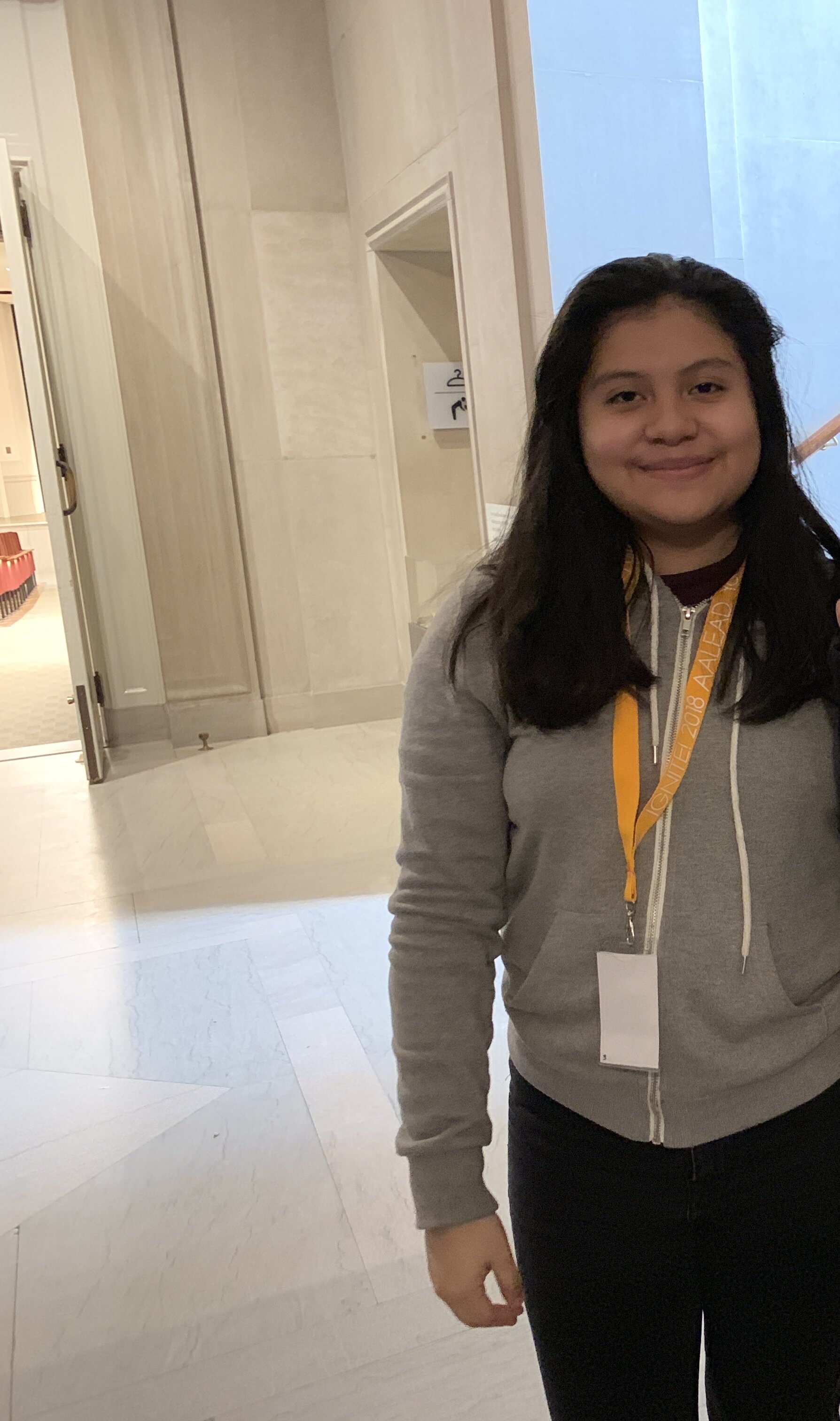As nonprofit leaders in Greater Washington, Mike Di Marco, Kahina Haynes, and Heather Peeler are invested in improving and advancing their organizations—and themselves. This year, we’re excited to announce them as our fourth annual David Bradt Nonprofit Leadership Awardees. Di Marco, Executive Director of Horizons Greater Washington; Haynes, Executive Director of the Dance Institute of Washington; and Peeler, President and CEO of ACT for Alexandria, will each receive up to $15,000 to attend an intensive executive training program of their choice.
Launched in 2017 as a salute to former trustee David Bradt and his many years of service to our community, the David Bradt Nonprofit Education Fund supports senior level nonprofit leaders in advancing their careers and leadership skills. Local business leader Alex Orfinger and Diane Tipton, David’s wife, established the Fund to surprise and honor David.
Tonia Wellons, President and CEO of the Greater Washington Community Foundation, extends her congratulations to this year’s class:
“Congratulations to the 2021 awardees! We are thankful for all you have done and will continue to do to strengthen our community. The Community Foundation is so pleased to support investments in exceptional nonprofit leaders and support the Fund’s impact in our region. Our thanks to David for the inspiration, and to Diane and Alex for creating such a wonderful way in which to honor him.”
Read on to meet these inspiring local leaders, and watch the July 20 virtual award ceremony.
Meet Our Awardees
Mike Di Marco is the Executive Director of Horizons Greater Washington, where youth in the Greater Washington region take part in academic, artistic, and athletic activities that inspire and build a love of learning. After joining Horizons in January 2020, Mike led the organization’s transition from providing intensive in-person summer programs to accessible in-home experiences for students, finding new and inventive ways to better serve their students. Dedicated to helping youth from low-income families overcome the opportunity gap, Mike spent his previous 12 years at Higher Achievement where he oversaw out-of-school programming for middle school students in under-resourced communities in DC, Baltimore, Alexandria, Richmond, and Pittsburgh. Mike plans to use his award to participate in a fundraising course taught by Senior Research Fellow at the Hauser Institute for Civil Society at Harvard University, Jennifer McCrea.
Kahina Haynes is the Executive Director of the Dance Institute of Washington, a pre-professional dance organization spearheading dance equity causes in the DMV and impacting racial and economic inclusivity and representation in dance nationally and globally. In her role, Kahina not only oversees financial and general operations, but serves as a passionate arts activist and visionary architect of artistic programming. Under her leadership, the institute has significantly increased revenue, undergone renovations and facility upgrades, and introduced new and revamped curriculum which led students to be recognized at the regional and national levels. Prior to her tenure at the Dance Institute of Washington, Kahina spent time as a United Nations Fellow and Fulbright Scholar in Morocco. Kahina is hoping to apply her award toward attending the Harvard Business School Women's Leadership Forum.
Heather Peeler is the President and CEO of ACT for Alexandria which helps donors achieve philanthropic goals and supports nonprofits in achieving their missions. Recently, Heather led the organization in the launch of the biggest grantmaking initiative in their history and has helped to establish ACT as a leader in mobilizing community conversation and action around pressing issues facing Alexandria. Before assuming her role with ACT, Heather worked with Grantmakers for Effective Organizations, where she mobilized a national network of thousands of grantmakers in adopting practices to make the greatest impact and strengthen their local communities. Heather will be utilizing her award to attend either a program hosted by Harvard University or the Stanford Graduate School of Business.

















